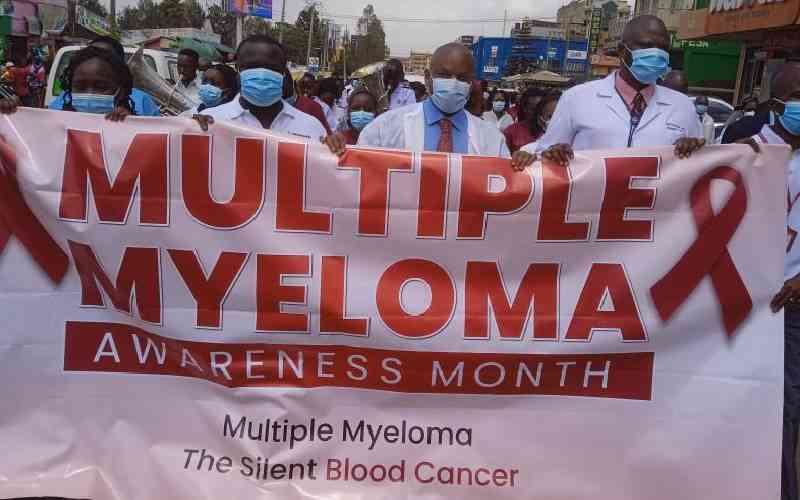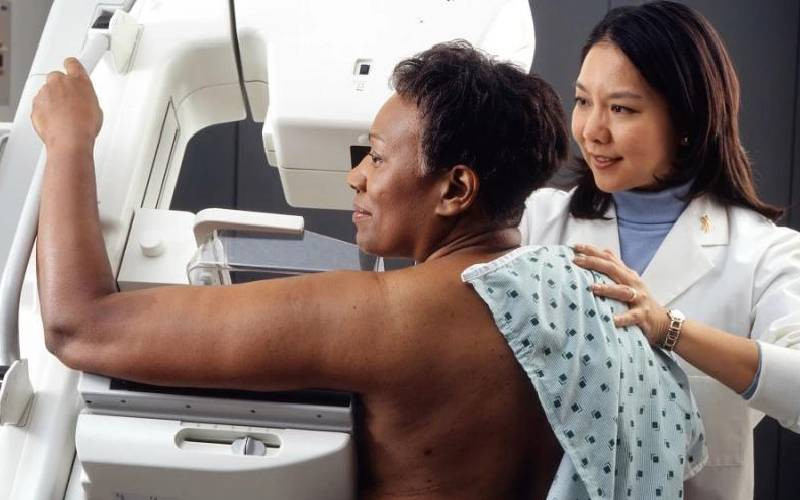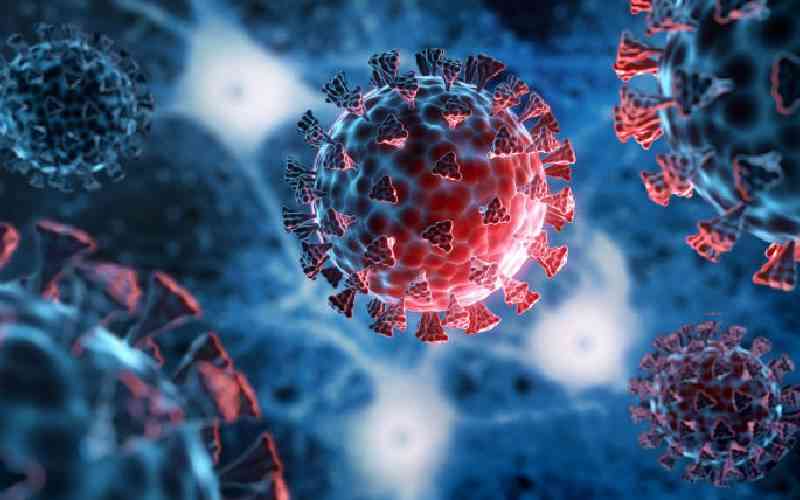
Researchers are concerned over the rapid decline of sperm concentrations, saying it could "threaten mankind's survival".
The latest study found that the average sperm concentration and counts have declined by 62.3 per cent in the last 50 years.
A precursory study had first been conducted in Europe, North America, and Australia in 2017, but this latest report released earlier this month included countries across Africa, Asia, and South America, confirming that the decline is a worldwide phenomenon.
 The Standard Group Plc is a multi-media organization with investments in media
platforms spanning newspaper print
operations, television, radio broadcasting, digital and online services. The
Standard Group is recognized as a
leading multi-media house in Kenya with a key influence in matters of national
and international interest.
The Standard Group Plc is a multi-media organization with investments in media
platforms spanning newspaper print
operations, television, radio broadcasting, digital and online services. The
Standard Group is recognized as a
leading multi-media house in Kenya with a key influence in matters of national
and international interest.











